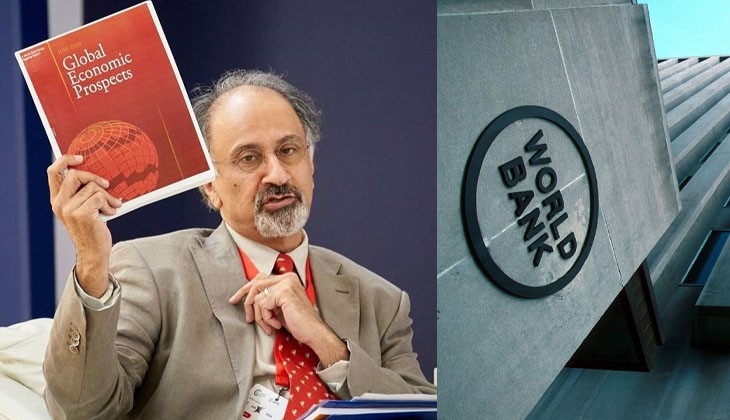


World Bank appointed Indian citizen Indermit Gill as the Chief Economist of the World Bank.
After Kaushik Basu, Gill will be the second Indian to serve as the Chief Economist at the World Bank. He is known for his contribution to development economics.
His appointment to the Multilateral Development Bank, a subsidiary of the World Bank, will be effective from 1 September 2022.
“Indermit Gill is well qualified for this role. He brings practical experience working with governments across countries on economic imbalances, development, poverty, and climate change,” World Bank President David Malpass said in a statement.
Gill will be only the second Indian to serve as the Chief Economist at the World Bank. Kaushik Basu was the first, who held a key role in the World Bank from 2012-2016.
Former RBI governors Raghuram Rajan and Gita Gopinath have served as chief economists at the International Monetary Fund, a subsidiary of the World Bank.
In a Twitter post, Gill said: “I am honored to have the opportunity to follow in the footsteps of my predecessor, Carmen Reinhart.
World Bank Appointed Indermit Gill As Chief Economist: Who is Indermit Gill?
Indermit Gill is currently the Vice President of Equine Development, Finance, and Institutions at the Bank.
Between 2016 and 2021, he was a Professor of Public Policy at Duke University and a Senior Fellow in the Global Economy and Development Program at the Brookings Institution.
Gill has also taught at Georgetown University and the University of Chicago.
Indermit Gill, a student of Nobel laureate Gary Baker and Robert E. Lucas Jr., holds a Ph.D. in economics from the University of Chicago.
He earned a BA (Hons) in Economics from St Stephen’s College, the University of Delhi followed by an MA degree from Delhi School of Economics.
What are his merits?
Gill is known for his intellectual contributions to development economics. Gill led the team that prepared the World Development Report on Economic Geography.
His pioneering work includes his research work on ‘Middle Income Trap’. In this, he has shown how developing countries become stable after reaching a certain level of income.
He has conducted in-depth studies on policy issues facing developing countries, sovereign debt, green development, labor markets, poverty and inequality, and natural resource management.
Hula hoop exercise for belly fat: From Fat Burn to Stress Relief Hula hoop exercise…
Terrorists Attempt to Infiltrate LoC to Disrupt Amarnath Yatra: Army Foils 3 Plots Terrorists Attempt…
Shubman Gill Gets Emotional After Career-Best 269 at Edgbaston — Regrets Missing Triple Century Shubman…
Major Blow to Maoists: 18,000 Detonators Recovered in Jharkhand's Saranda Forest Major Blow to Maoists:…
Top 3 Destinations in India: Taj Mahal, Jaipur & Varanasi Top 3 destinations in India:…
Samsung S24 Ultra Price Slashed – Grab It for Under ₹80K Samsung S24 Ultra Price…